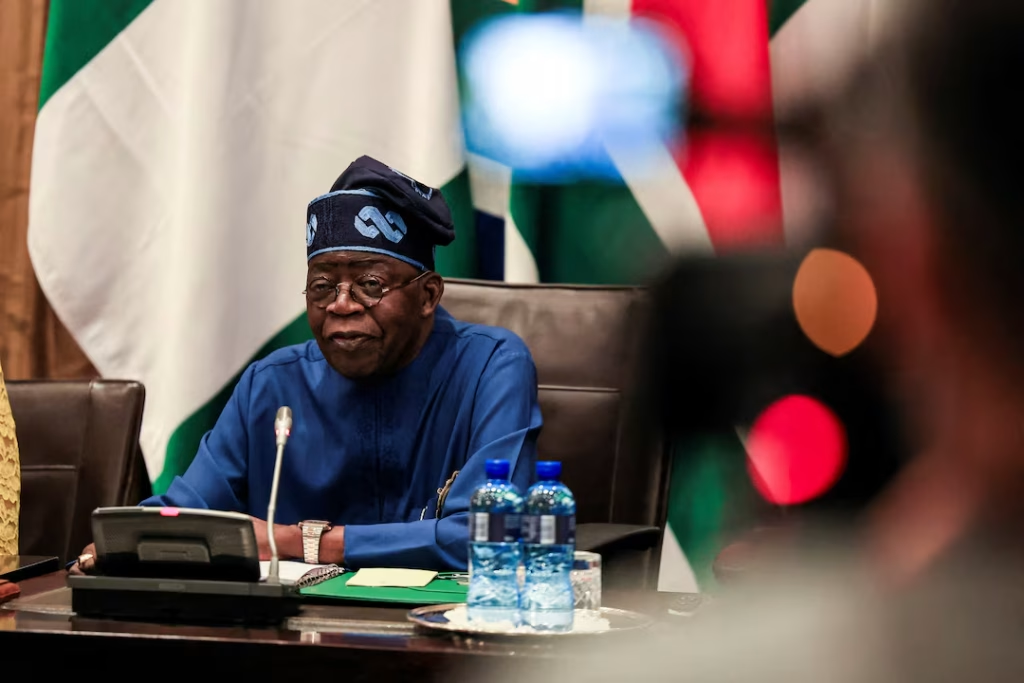Nigerian President Bola Tinubu’s posthumous pardon of nine executed Ogoni activists has sparked outrage among members of the ethnic group, who say the move is far from justice and fails to address decades of grievances.
President Tinubu announced the pardon on June 12 as part of Democracy Day commemorations. The “Ogoni Nine”, which include renowned author and environmental activist Ken Saro-Wiwa, were executed by the country’s former military regime in 1995 for protesting the environmental degradation of the Niger Delta by oil companies.
The executions drew global condemnation at the time and remain a deeply painful chapter in Nigeria’s history.
Ogoni leaders rejected the pardons, calling instead for a full exoneration. “You cannot pardon someone who has committed no crime. We are demanding a full exoneration,” said Celestine Akpobari, coordinator of the Ogoni Solidarity Forum. He argued that the Nigerian state should seek amnesty for what it did to the Ogoni people, not the activists.
Responding to criticism, presidential spokesman Bayo Onanuga said the president had acted within reason and that calls for exoneration would be reviewed.
Environmental groups also voiced concern, saying the move could be a political attempt to dampen resistance ahead of renewed oil drilling in the region. “The pollution has still not been addressed. The Ogoni people must have a say in future oil activities,” said Alagao Morris of the Environmental Defenders Network.
Oil remains central to Nigeria’s economy, accounting for more than 90% of export revenues. But the Niger Delta region, particularly Ogoniland, has long suffered from the environmental consequences of energy extraction – problems that activists say have not been addressed despite the amnesty.



